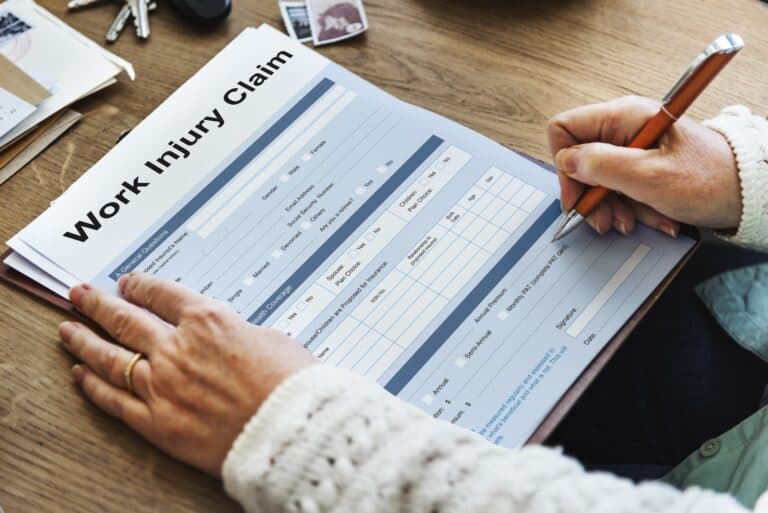We are a team of experienced SEO experts and high-end copywriters. We understand the significance of making engaging content. This content should not only capture readers’ attention but also rank high on search engine result pages.
This article will guide you through gathering evidence for a personal injury claim. It will help you create a strong case and boost your ranking on Google.
1. Document the Incident in Detail
When it comes to personal injury claims, the devil is in the details. Start by documenting the incident thoroughly.
Describe the events leading up to the accident, the actual occurrence, and its aftermath. Be sure to include specific dates, times, and locations to establish a clear timeline. Note any witnesses present and their contact information, as their testimonies can strengthen your case significantly.
2. Seek Immediate Medical Attention
Your health and well-being should always be your top priority. After an accident, seek immediate medical attention, even if you believe your injuries are minor. This ensures you get the necessary treatment.
It also provides important medical records to support your claim. Make sure to follow your doctor’s advice and keep track of all medical documents, including diagnoses, treatment plans, and bills.
3. Preserve Physical Evidence
Physical evidence can play a vital role in supporting your personal injury claim. If applicable, take photographs of the accident scene, including any damaged property, hazards, or unsafe conditions. If your injuries are visible, document them with photographs as well. Additionally, keep any damaged objects, such as defective products, in a safe place as evidence.
4. Obtain Eyewitness Statements
Eyewitness statements can provide objective accounts of the accident and significantly strengthen your case. Speak to individuals who witnessed the incident and request their cooperation in providing a written statement. Ensure that their statements include detailed descriptions of what they saw, heard, or experienced. Have them sign and date the statements to add credibility.
5. Keep a Journal
Keeping a detailed journal can serve as a valuable resource when building your personal injury claim. Record your day-to-day activities.
Note down your pain levels, emotional difficulties, and any activities that you are limited from doing. Additionally, make sure to include any other pertinent information related to your injuries. This journal can provide a comprehensive account of how the accident has affected your life, both physically and emotionally.
6. Gather Official Reports and Records
Obtain official reports and records related to the accident from the relevant authorities. This may include police reports, incident reports, or accident reconstruction reports. These documents can provide objective details and expert opinions that lend credibility to your claim. Make copies of these reports and keep the originals in a safe place.
7. Consult with Expert Witnesses
In some cases, expert witnesses can provide specialized knowledge or opinions that support your personal injury claim. Consult with professionals such as accident reconstruction specialists, medical experts, or engineers who can provide expert testimony based on their expertise. Their insights can add substantial weight to your case and help counter any opposing arguments.
8. Maintain a Comprehensive Paper Trail
The organisation is key when it comes to building a strong personal injury claim. Keep copies of all important documents.
These include medical bills, receipts for out-of-pocket expenses, correspondence with insurance companies, and any other relevant paperwork. Ensure these documents are related to your claim. This paper trail shows your commitment to getting fair compensation. It also helps your legal team craft a strong argument.
9. Consult with a Personal Injury Lawyer
Navigating personal injury claims can be difficult. It is therefore essential to seek advice from an experienced personal injury lawyer. An experienced lawyer can provide invaluable guidance.
They can help you understand your rights and negotiate with insurance companies on your behalf. They can also represent you in court if necessary. Their expertise can significantly enhance your chances of a successful claim.
10. Be Diligent and Patient
Lastly, gathering strong evidence for your personal injury claim requires diligence and patience. Remember that building a compelling case takes time and effort. Stay organized, follow through with appointments and requests, and maintain open communication with your legal team. By doing so, you will ensure that you have the best possible chance of securing the compensation you deserve.

